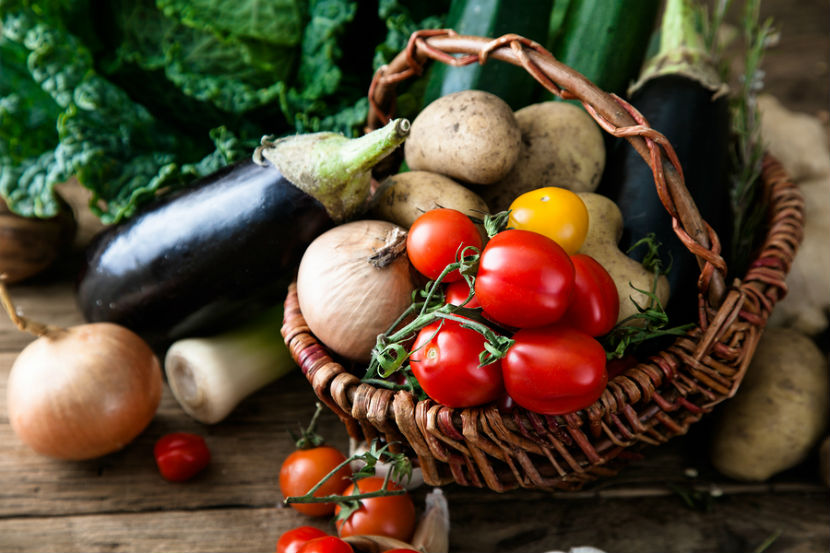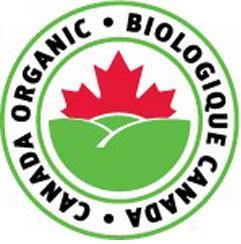
Organic foods are becoming more popular. Have you wondered what the difference is between organic and non-organic foods? People choose organic foods for different reasons. Read on to learn all about organic foods.
What’s the difference between organic and non-organic foods?
The difference between organic and non-organic (conventional) food has to do with how food is produced. For example, organic foods like vegetables, fruit, eggs, milk and meat are produced without:
Non-organic farmers may use some organic farm practices as well.
Are organic foods safer to eat because they have less pesticide residue?
According to Health Canada, there is no evidence to show that it is safer to eat organic foods over conventionally grown foods because of pesticide residue. Natural or plant-based pesticides may still be used in organic food production.
How are organic foods regulated?
Organic foods are regulated by the federal government under the Organic Products Regulations and must meet the Canadian Organic Standards (COS). 
Organic foods that meet these standards can use the Canada Organic Logo on their packaging. Using this logo is voluntary. Products must have 95% or more organic content to use this logo.
Are organic foods more nutritious?
There is not enough evidence to say that organic foods are more or less nutritious than non-organic foods. Foods like vegetables, fruit, whole grains, legumes, eggs, lean meats, and dairy products, are all nutritious whether they are organically grown or not.
Do organic foods taste better?
Some people may find that organic food tastes better because it may be fresher if it’s locally produced.
Is organic food more expensive?
In general, organic food may cost more money than non-organic food. This is because organic farming usually requires more labour and tends to have lower yields when compared to conventional farming.
How can a dietitian help?
Dietitians can help you make sense of food labels and teach you what to look for when making nutritious food choices. Dietitians understand the science of nutrition and will consider your unique needs based on your health, goals, culture and food traditions. Connect with a dietitian today!
Bottom line
Eating organic food is a personal choice. People choose organic food for different reasons. Whether you choose organic or non-organic food, you can still eat a nutritious diet.
You may also be interested in:
Understanding genetically modified foods
Hormones and antibiotics in food production
What you need to know about pesticides
Facts on pasteurization
This article was written and reviewed by dietitians from Dietitians of Canada. The advice in this article is intended as general information and should not replace advice given by your dietitian or healthcare provider.
Last Update – June 14, 2022